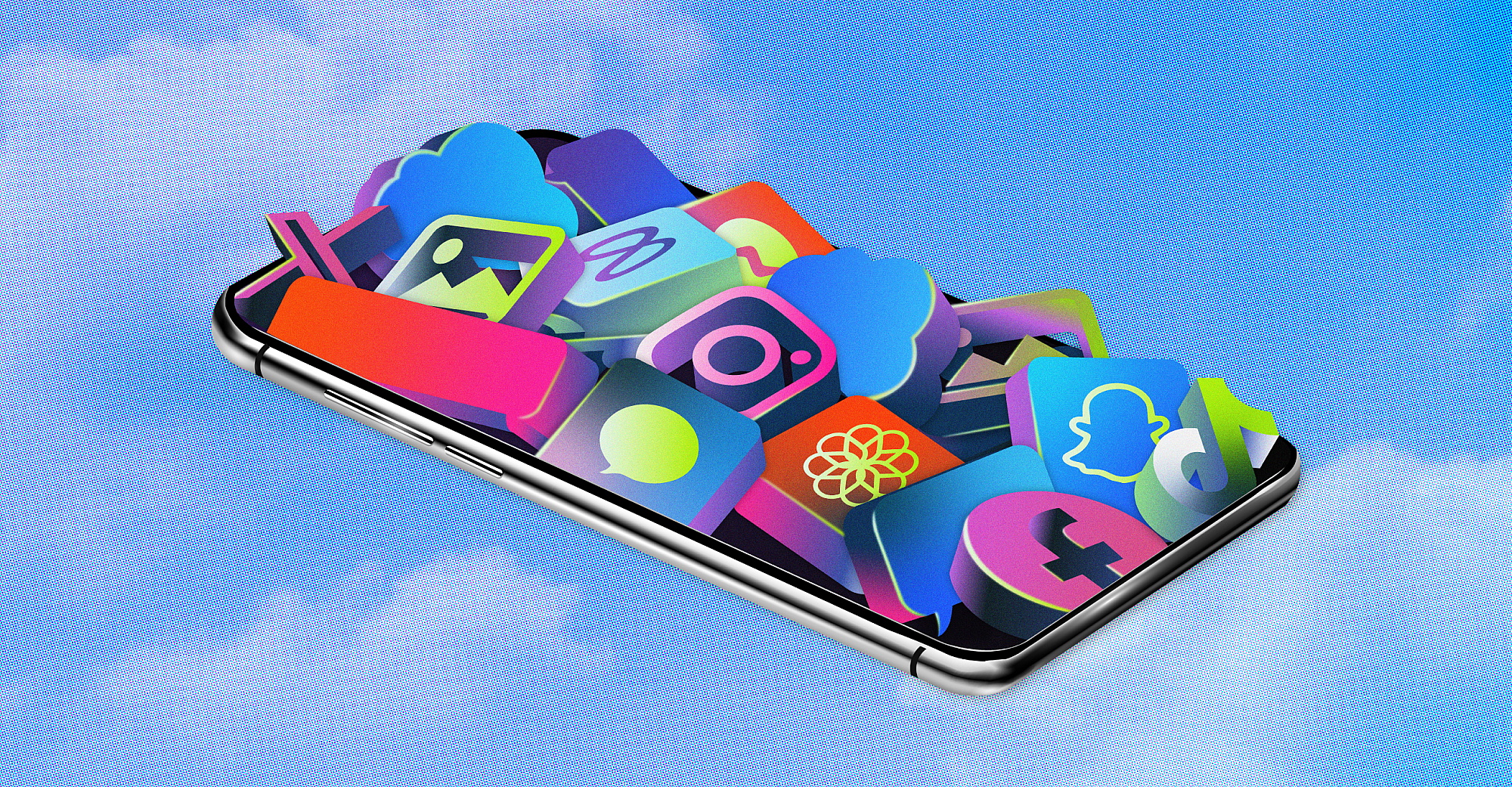This summer, the US hosted the 2024 CONMEBOL Copa America tournament, of which Fox held the TV broadcast rights domestically. If you were able to tune in, you might have caught comically bad camera angles, Carli Lloyd comparing Christian Pulisic to Lionel Messi, or suffered the grating commentary of Alexis Lalas. But that was a big "if."
Actually watching the game—or any game for that matter—has become a financially and technologically onerous task as streaming platforms and legacy broadcasters duke it out for rights at the expense of real fans.
The Price Is Not Right
The most obvious barrier-to-access that sports streaming fans encounter is the price tag. For example, on July 18, Peacock sent out an email announcing that it would be increasing its already-pricy annual subscription cost from $59.99 to $79.99.
A report from Forbes found that Americans pay an average of $46 a month for streaming services for both sport and non-sport content. Regardless, streaming platforms are actively looking for their next cash cow in sports, which is one of the biggest broadcasting strongholds that has steady viewership. Sports is a broadcasting space where ad dollars are still flowing consistently because athletes who are at the cultural vanguard hold the power to truly captivate audiences’ attentions.
@jackmacbarstool Now you need NETFLIX to watch the NFL?!? Wtf?
♬ original sound - Jack Mac
Total Signal Loss
With so many fragmented streaming services, it's confusing for fans to navigate exactly where they can tune in to games. Games are spread across so many different services and sometimes subject to blackouts in certain broadcast markets, which results in die hard fans and casuals alike not knowing where to tune in.
NBA’s League Pass aims to resolve these types of issues by giving subscribers access to as many games as possible. But even a dedicated league service like that is subject to blackouts, where subscribers lose out on access to their team’s games when they are broadcasted on national cable networks.
Emma Fecko, Associate Editorial Strategist at D1A, ran into this issue herself this past NBA season.
I've been decently satisfied with the combination of League Pass, StreamEast, and HBO. If TNT wasn't available via HBO [Max], I'd be very upset at the limited access to national broadcasts. And even still, I bemoan the inability to watch any games playing on ESPN or ABC.
- Emma Fecko, Associate Editorial Strategist
Similarly, back in the world of soccer, fans of the English Premier League (which has rapidly grown in popularity in the US after NBC acquired the broadcasting rights) were met with confusion week in and week out this season.
Many EPL fans who pay for NBC’s Peacock, touted as the primary service for streaming the league, woke up as early as 6 a.m. on the west coast to catch games, only to realize their match was not on Peacock that weekend and was stuck behind a different paywall.
Mike Guzzo, Associate Director of Communications at D1A, is one of the unlucky Prem fans who has been affected by this confusion.
It is mind boggling that Prem games that are aired on NBC or USA do not also air on Peacock and you need a cable or other premium subscription. Just feels very incomplete.
- Mike Guzzo, Associate Director of Communications
Guzzo feels the same when it comes to the MLB and their streaming service, MLB.TV. “It is ridiculous that you cannot watch local market MLB games even with an MLB.TV subscription. For a sport that's rapidly losing its foothold in the US, it's wild to think they are limiting people from watching their favorite teams,” he said.
But since the internet is not short on clever and frugal individuals looking for solutions to their problems, there are many illegal streaming sites floating around the web. Some of them dedicate their entire operation to streaming a single sport, whereas others offer more of a one-stop-shop experience for all sports, ranging from cricket to UFC.
When it’s easier to get access to your favorite teams via an illegal stream than a legal one, it’s clear there are some deep issues regarding access that need to be addressed.
You Could Save 15% or More When You Bundle With...
The bundle is back. Most recently, Disney, Fox, and Warner Bros. Discovery unveiled the name of their upcoming sports streaming behemoth, Venu, “which will combine ESPN+ with the three companies’ linear TV networks that carry sports programming,” according to a report from Variety.
We seem to be in a media environment that’s drastically different than when the whole streaming frenzy took off. Almost every network is launching their own paid streaming service, but viewers are ironically looking to cut down on their total number of subscriptions, and are starting to make it known that they simply want access to their favorite content regardless of ads.
With the rise of streaming bundles, sports fans (and regular TV viewers alike) are gravitating toward all-in-one solutions where they can easily access all of their favorite teams’ games, and it’s now on the networks to broker new partnership deals and figure out how to get it done. Strangely enough, it sounds increasingly like what viewers want is something more akin to cable or satellite, the very thing that streaming services set out to disrupt in the first place.
Knowing that broadcasters are largely supported by the number of eyeballs they can get on the advertisements they run on their networks, it’s in their interest to create easier access to their content, potentially via ad-supported models.
Broadcasters could possibly even reach across the aisle and bundle multiple services together by sports or leagues rather than networks. They could start by collecting data on sports and leagues that share common viewership and see where there might be overlapping interest, and then create totally new models for bundle offerings this way.
You know, James Dolan has a point when he called out Adam Silver. I’m so sick and tired of having to watch sports on different streaming platforms when my television is RIGHT THERE with my still used cable https://t.co/SZ6DZKsEDx
— Lisha 🧡💙 (@meownyc) July 16, 2024
With customers becoming openly adverse to paying more for access to sports content and more people resorting to streaming illegally, it could be best for networks to stop the trend of releasing proprietary streaming services and instead come together to provide one-stop-shops that give sports fans what they really want: that trusted go-to place where they can watch their favorite teams play every week.




